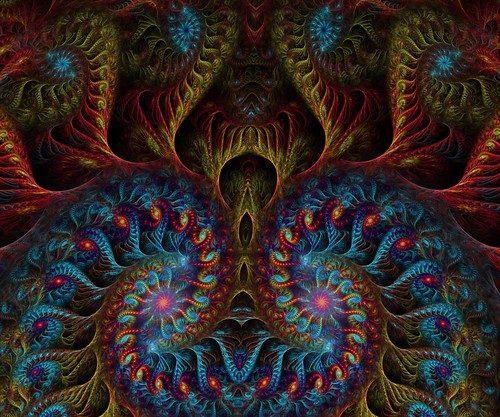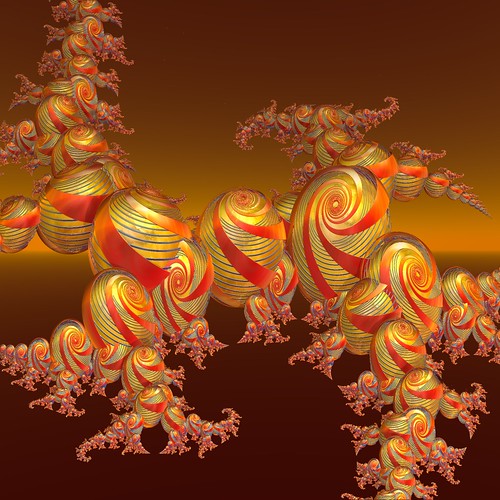*Full Deck by Daniel Eaton*
about.me/danieleaton.
Please tell me a bit about yourself and a little backround so we know who you are.
I'm an identical twin that just celebrated my 52nd birthday. I've been married for 29 years and have two grown children.
My other hobbies and interests include politics, theology (especially the origins debates), technology (especially Android), making my own jerky, and making my own e-juice for vaping.
I've been known to blog about these topics and have written some lengthy articles or essays on some of them. I am a moderator on several forums and also the volunteer as the project manager and technical support person for an online non-profit.
I enjoy reading and, more often due to my concentration issues, listening to audio books. My favorite genre of books and TV shows are of the mystery/thriller variety.
If I were to name one guilty pleasure in life, I'm also pretty addicted to playing DragonVale. There should be a 12-step program for that! But is satisfies the project manager side of me and, as I get into with the next "why do you do this" question, it gives me a sense of accomplishment that I no longer am able to obtain in traditional career or other physical terms.
I'm also a huge fan of the reality show Big Brother. If you are into the study of sociology and the way folk's worldview shapes how they see others and interpret what they say, it is hard to find a clearer example that that show. By recognizing the worldview of others, it helps us to recognize our own and allows us to become a bit more objective and irenic in the presentation of our own beliefs in topics that are known to get pretty heated.
What attracted you to digital artwork and why do you do it?
*Replication by Daniel Eaton*
After two decades of being a computer programmer and project manager, I was suddenly disabled by a rare neurological condition nine years ago.
While it resulted in a toll in my physical health that I couldn't fix, I was looking for something that I could do that would give me a sense of accomplishment every day and a reason to get out of bed.
Without the physical stamina that would enable me to do anything physical, I thought about what I could do using computers. I don't recall what brought fractals to mind, but I've been doing them ever since. And when I wake up in the morning knowing that I have an overnight batch of rendered images waiting for me, it's hard to go back to sleep.
:)
Because I do this for my own sense of fulfillment and don't want the stress of trying to sell them or keep others from "borrowing" them, I give all my stuff away. This means not only do I do fractals as gifts for people on occasion, but I also publicly share all my parameters online for others to use and enjoy. I've also used my understanding of computer programming to create a lot of Apophysis scripts, a tutorial on how to write an Apophysis script based on Apophysis parameters, a windows app that would do unattended batch rendering, an explanation of fractals for kids or interested adults, and even came up with a combination of tools to let me embed the parameters of about 20,000 images into the EXIF data of the image itself so that they can be browsed in a visual format and archived online. I've also done a few J-Wildfire scripts based on some of my old Apophysis stuff. They are available on the J-Wildfire forum. So when I have the mental clarity to do it, I not only enjoy making fractals, but enjoy using my knowledge of programming to make my fractal production a bit easier to do, easier to explain, or easier to organize.
What if it all do you want others so see in your work?
To go back to my listed hobby of the origins debate, I believe that fractals, like nature, show evidence of intelligent design.
It is more than just beauty. It reflects a reality that there is something bigger than us out there. When I am zooming deep down into a fractal, it reminds me of a microscope.
When we put something man-made under a microscope, the more we magnify it, the more we see its flaws and imperfections. But when we put something natural under the microscope, we find more and more detail. Whether it be cell structure or DNA or the atom, we see increasing complexity that brings me a sense of awe.
So not to take anything away from all the developers that have spent so much time in creating these amazing tools for us, but they are like the guy that makes a camera, The beauty and awe are in what these things capture. And when I luck upon a nice one, I am reminded that God is the Supreme Fractalist.
Because I am disabled, I have no real professional goals. I'm kinda stuck on the sidelines of life.
So my goal is to make my little spot on the side of the road something that benefits people. I want folks to enjoy their interaction with me, benefit from the little things that I can offer, and, while they may not agree with all my opinions, see me as someone who has researched reasons for their beliefs and can present them in a loving and reasoned manner. So my personal goals are in the area of becoming a better person and helping others in whatever way that I can.
What is your favorite program and why?
Over the 8+ years that I've been doing fractals, I've used about a dozen different apps. All but one have been free, so that fit my disability budget perfectly! :)
I started out with Chaoscope, moved to Apophysis and a couple of different ports of that, played with Mandelbulb 3D, Incendia, Fractal Science Kit, Mind Blowing Fractals, several different apps for iOS and Android, and have settled on my current favorite - J-Wildfire.
I enjoy being able to use my old parameters from my Apophysis days, love that it is in very active development with frequent updates of new features, and benefit from an active user group. It's very simple to create some nice stuff with the mutagen window, yet has a ton of capabilities "under the hood" that allow you to get as complex and deep into every aspect of the fractal as you desire. The ability to have sub-flames alone (the ability to include one fractal as a part of another) gives it a powerful capability that sets it apart. With the scripts and other resources that are available, and with the fact that it is cross-platform and will run on anything with Java, it truly is an app that anyone from beginner to expert can use on any computer platform.
Do you have to be a real geek to try these programs?
It's not a requirement, but it helps. :)
But I encourage folks to not let their lack of understanding to scare them away. You don't have to understand the math behind fractals. I sure don't.
So when I explain how to do fractals to those who never have, I try to take the geek/nerd stuff out of it and put it into every day terms. Parameters become "recipes" and all those variations become "ingredients". By adding or adjusting the ingredients, you can come up with a finished product just to your taste.
*Orange by Daniel Eaton*
Any additional thoughts on Fractal Art?
Not
everyone "gets" fractal art.
Out of the tens of thousands of fractals
that I've created, there have only been a couple that my wife or kids
have said "that's beautiful" about. They just don't "get it".
So don't
get into fractals for the attention or the accolades of the masses.
Do
it for yourself.
Do the images that YOU think are pretty.
And find
some forums like the J-Wildfire group where
you can appreciate the work of others and share your own.
They "get"
it and are more likely to appreciate your work and offer assistance as
needed.
And try to learn from them.
Don't be bashful about posting a
piece and the parameters for it and asking folks what THEY would do to
make a piece better. You may not agree with all the suggestions, but
it's a great learning experience. And as you have the opportunity, try
to pay it forward. Try to share your knowledge and experience and
resources. It is in the learning and teaching/helping that you will
find your greatest reward.
~~~~~
Daniel made this blog-post pretty simple for me, there was no better way that to just cut and pretty much paste his information here.
I've gotten to know Daniel through Flickr, the JWildfire group on FB, and have admired how freely he shares his information and knowledge. How he always seems to be willing to help and answer anyone's questions and also how he encourages others.
One of the things I might ask the reader to do is check on the links provided by Daniel Eaton, read about him and his neurological disorder. I learned something even more than digital graphic arts today.
I learned about a man who finds graphic art and sharing his love for it a place to go and be himself.
I find doing Fractal Art as a way to simply enjoy beauty which he describes so well. The fun part of it is the learning curve.
Thank you so much Daniel Eaton.



1 comment:
Excellent idea and great contribution to our fractal world - thank you, Val!!! I am also a fan of Daniel's and am so happy to learn more about him.
Post a Comment